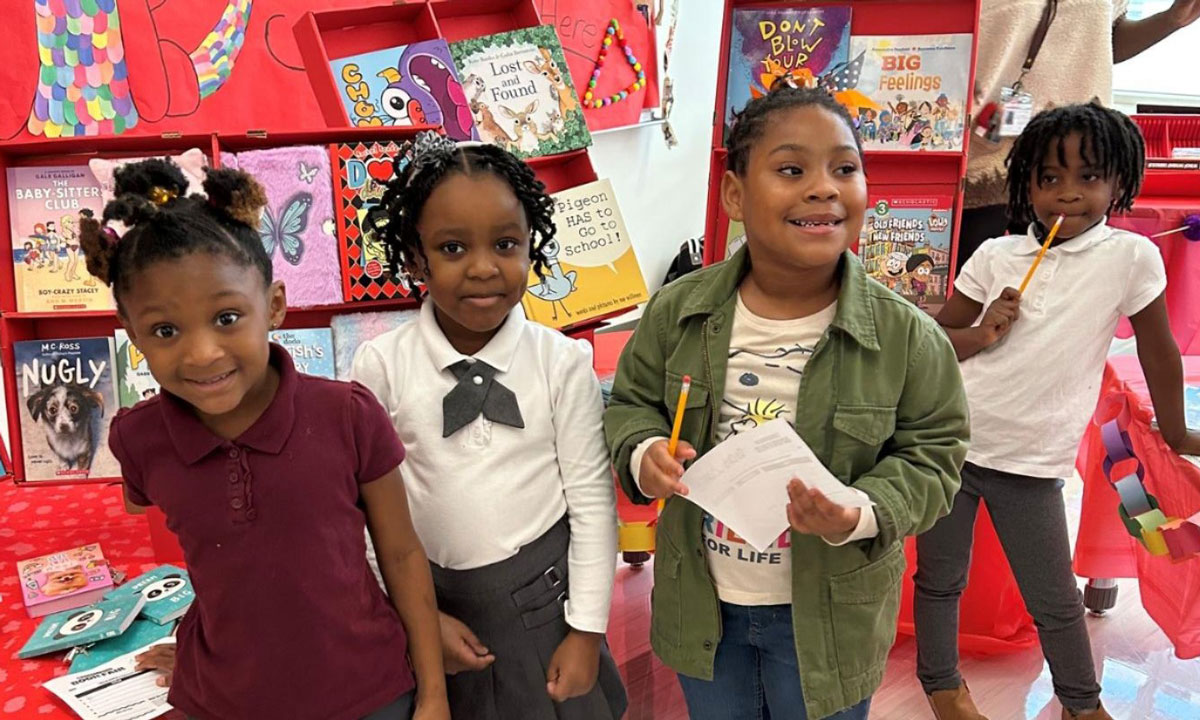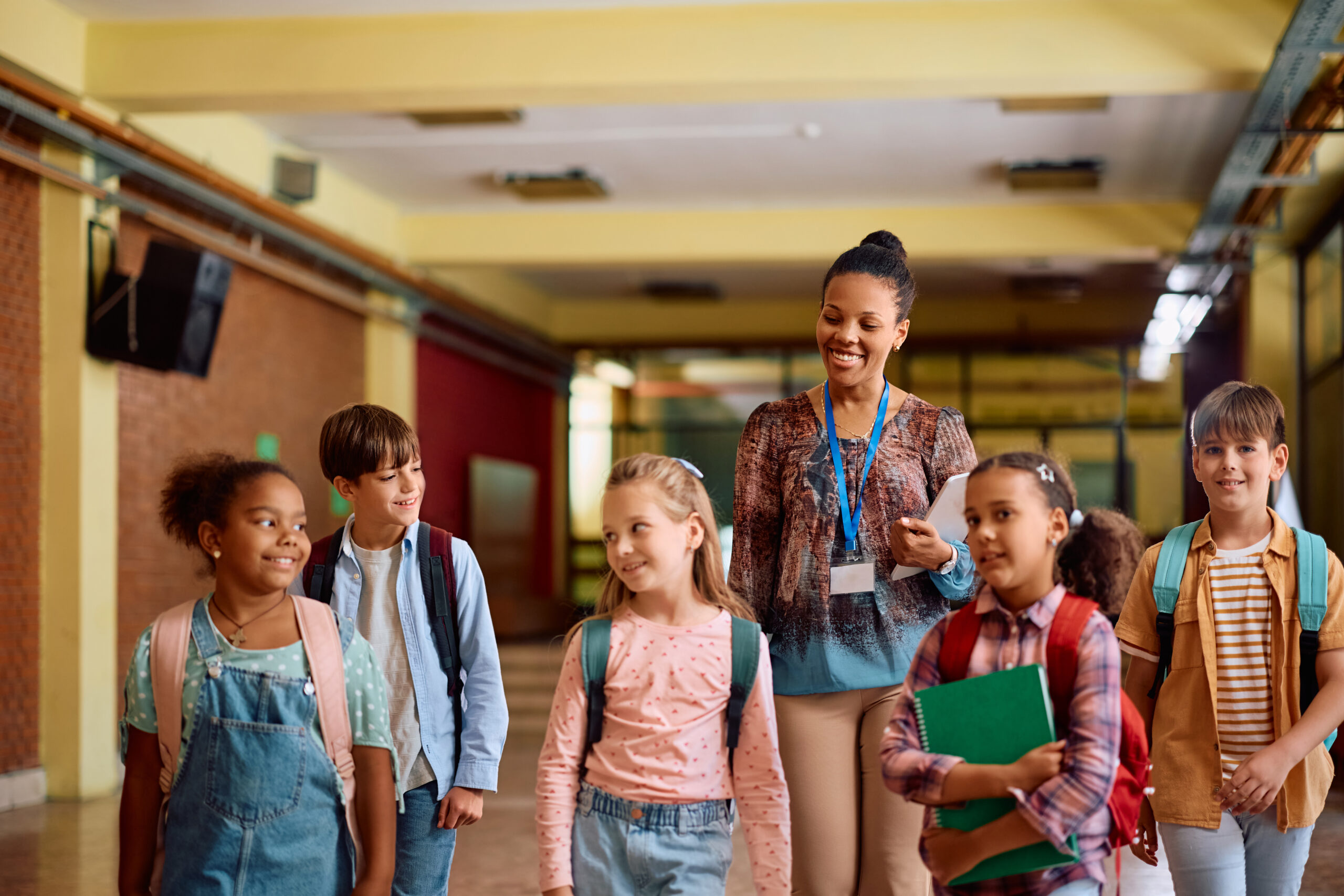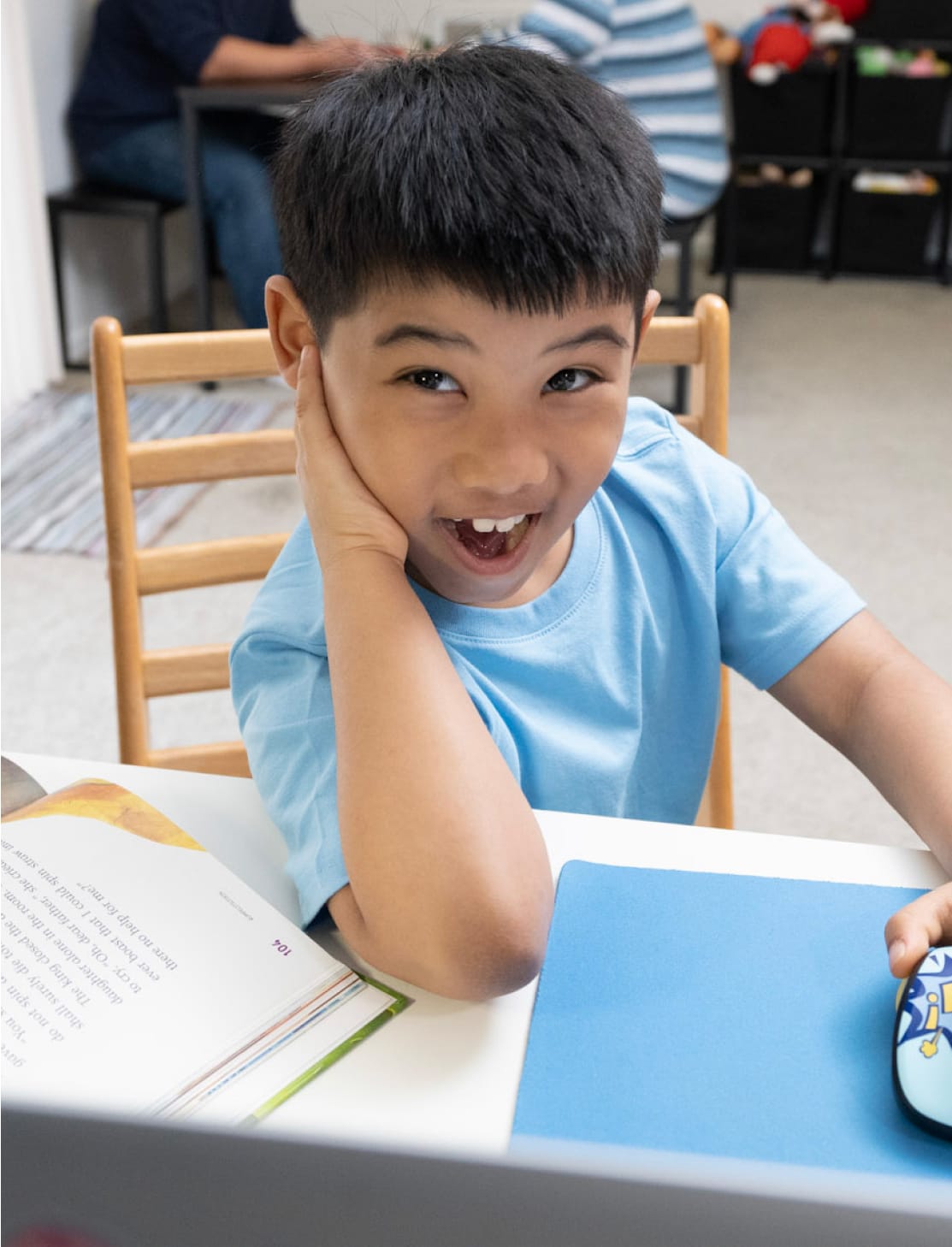How Kindergarten builds a strong foundation for lifelong learning
Wiki Article
Everything about Kindergarten: Comprehending the Significance of Very Early Childhood Years Education Programs
Kindergarten serves as a critical point in a child's early development. It introduces foundational skills crucial for future discovering and social communications. With different tasks, youngsters involve in organized play that advertises cognitive development. Recognizing the subtleties of various preschool programs can additionally brighten their value. What details benefits do these very early education and learning experiences supply, and exactly how do they form a youngster's trajectory? The solutions may be a lot more complex than one might anticipate.
The Role of Preschool in Kid Growth
Some might view preschool merely as a transition stage prior to formal education, it plays a vital function in child development. This foundational phase fosters vital social, emotional, and cognitive skills that are critical for lifelong discovering. In preschool, children take part in organized play, which enhances their capability to coordinate, share, and settle conflicts with peers. These communications lay the groundwork for healthy and balanced partnerships and boosted interaction abilities.In enhancement, preschool introduces children to standard principles in literacy and numeracy, stimulating curiosity and a love for understanding. Educators lead students through activities that promote important and problem-solving thinking, vital elements of intellectual development. Furthermore, the setting emphasizes regular and framework, assisting youngsters establish self-discipline and freedom. By focusing on all natural advancement, kindergarten assurances that children are not only ready academically however additionally socially and mentally for the difficulties of future educational ventures.
Key Benefits of Very Early Childhood Education
Early youth education provides various benefits that can substantially influence a kid's development and future success. Study indicates that children who join high quality early education and learning programs display improved cognitive skills, better language development, and enhanced social abilities contrasted to their peers who do not participate in such programs. These foundational skills are vital as they set the stage for scholastic achievement and long-lasting discovering.Additionally, very early education and learning fosters psychological advancement by supplying kids with possibilities for cooperative play and problem resolution, helping them create durability and compassion. Kindergarten. Furthermore, these programs commonly help bridge the void for children from varied backgrounds, making certain equitable accessibility to discovering resources and experiences
Inevitably, purchasing very early childhood education not only advantages private youngsters however also adds to stronger neighborhoods, as educated people are much more likely to involve positively in society and the workforce.
Different Types of Preschool Programs
Various kindergarten programs deal with various academic viewpoints and needs. Full-day options give extensive knowing time, while the Montessori strategy emphasizes freedom and hands-on experiences. Furthermore, play-based discovering approaches foster creativity and social abilities, highlighting the variety in very early childhood education and learning.Full-Day Kindergarten Options
Numerous moms and dads and instructors recognize the growing significance of full-day preschool options in early childhood education. Full-day programs generally provide an even more comprehensive learning experience, enabling youngsters to participate in a range of tasks throughout the day. These alternatives often include a balanced curriculum that incorporates scholastic, social, and psychological development. Some areas supply standard full-day kindergarten, while others might supply specific programs, such as dual language or thematic knowing environments. Furthermore, full-day preschool can fit functioning moms and dads by straightening institution hours with common work schedules. Research study suggests that trainees in full-day programs frequently demonstrate boosted scholastic performance and social abilities compared to their peers in half-day settings, making these choices significantly popular in many communities.Montessori Approach Introduction
Although the Montessori strategy is simply among lots of instructional ideologies, it has actually acquired significant interest for its unique focus on child-led learning and expedition. Developed by Dr. Maria Montessori, this method concentrates on cultivating independence and self-directed task in youngsters. Classrooms are generally made to encourage movement and hands-on interaction with materials, allowing youngsters to find out at their own rate. Montessori educators act as overviews, promoting finding out through observation instead of straight direction. This approach prioritizes mixed-age classrooms, promoting cooperation and peer understanding. Furthermore, the Montessori method highlights website link sensible life abilities and sensory activities, helping children create a strong foundation in both social and academic expertises. Parents typically appreciate the all natural development that this method nurtures in their youngsters.Play-Based Discovering Methods
Play-based understanding approaches are integral to countless kindergarten programs, stressing the importance of play as an essential setting of learning for children. These techniques encourage exploration, imagination, and social interaction, enabling youngsters to participate in hands-on experiences that cultivate cognitive and emotional advancement. Different sorts of play, such as imaginative, useful, and physical play, are utilized to sustain discovering purposes across subjects like scientific research, literacy, and math. Additionally, play-based programs typically incorporate joint tasks, promoting team effort and interaction abilities. Educators observe and lead kids during play, making sure that finding out end results are accomplished while maintaining a cheerful knowing environment. This method not just boosts academic readiness however additionally cultivates a lifelong love for knowing, making it an important element of early childhood years education and learning.The Value of Play in Understanding
A considerable body of research study emphasizes the important role of play in very early childhood education and learning, illustrating its extensive influence on learning and advancement. Play functions as an important mechanism via which children discover their environment, develop cognitive skills, and enhance their problem-solving capacities. Participating in imaginative play permits youngsters to trying out different functions and scenarios, fostering creativity and vital reasoning.In addition, play-based understanding urges youngsters to engage with products and principles in a hands-on manner, making abstract ideas more concrete and understandable. This experiential discovering approach not only catches kids's passion yet also advertises intrinsic inspiration, essential for long-lasting understanding.
Through play, youngsters also fine-tune their motor abilities and spatial recognition, laying the groundwork for a lot more complicated academic tasks. Basically, prioritizing play in early youth education and learning programs is essential for supporting alternative growth, gearing up kids with the fundamental abilities necessary for their future instructional journeys.
Social Skills Development in Kindergarten
Building on the structure developed via play, kindergarten acts as an essential atmosphere for social skills growth. During this developmental phase, children take part in structured activities that motivate interaction with peers. Through team tasks, participating video games, and shared tasks, they learn necessary skills such as problem, compassion, and interaction resolution.Educators assist in these communications, assisting youngsters in understanding social signs and cultivating positive connections. As kids browse different social circumstances, they establish a sense of belonging and learn to appreciate diverse point of views.
Kindergarten supplies chances for youngsters to practice turn-taking, sharing, and settlement, which are important for developing friendships. These experiences not just enhance social skills yet also add to emotional intelligence. Therefore, the social skills gotten in preschool lay the foundation for successful interactions in later instructional setups and throughout life. The value of social skills advancement in preschool can not be overstated.
Adult Involvement in Early Education And Learning

When parents show a passion in their child's education and learning, it grows a positive perspective towards discovering. When they really feel supported, children are much more likely to establish a sense of belonging and motivation to succeed. In addition, parental involvement can enhance a kid's emotional well-being, resulting in greater resilience in facing college obstacles. Fostering a collective environment between home and school is crucial for optimizing very early instructional experiences and end results.
Preparing for the Change to Primary School
look these upAs kids come close to completion of their preschool trip, getting ready for the change to primary school becomes significantly essential. This shift calls for cautious planning and support from both parents and teachers. Acquainting youngsters with the brand-new atmosphere, routines, and assumptions of grade school can ease their anxiety and promote self-confidence.
Institutions typically supply positioning sessions that present youngsters to their future classrooms and instructors, fostering a sense of belonging. Additionally, parents can participate in discussions concerning the changes ahead, emphasizing the interesting possibilities for discovering and social interaction.
Urging freedom in day-to-day jobs, such as clothing and following a routine, can also be beneficial. Practicing important skills, such as letter acknowledgment and fundamental math, prepares children academically for very first grade.
Inevitably, a collaborative effort amongst parents, teachers, and the community ensures a smoother shift, laying a strong foundation for an effective educational trip.
Often Asked Concerns
What Qualifications Should Kindergarten Teachers Have?
Kindergarten educators must have a bachelor's degree in very early youth education and learning or a related field, in addition to state qualification. Extra qualifications might include specialized training in kid advancement, class monitoring, and efficient training techniques.Exactly how Do I Select the Right Kindergarten Program?
To pick the ideal kindergarten program, one should think about factors like curriculum, mentor methods, class size, educator credentials, and moms and dad testimonials. Checking out facilities and observing interactions can likewise offer valuable understandings right into the program's setting.What Should My Youngster Learn in Preschool?
In kindergarten, a kid needs to find out fundamental abilities such as fundamental analysis and writing, counting, social communications, problem-solving, and electric motor skills. These competencies promote cognitive development and prepare them for future educational obstacles.Are There Age Requirements for Preschool Registration?
Most states call for children to be 5 years old by a specific date, frequently September 1st, for preschool registration. However, certain age demands can differ, so checking neighborhood school district guidelines is important.
Exactly How Can I Support My Kid's Understanding in your home?
To support a kid's knowing at home, parents can establish a regular, supply engaging academic products, urge analysis, take part in hands-on activities, and foster open interaction to nurture curiosity and crucial thinking abilities.Preschool offers as a critical stage in a youngster's very early development. Some might see kindergarten just as a transition phase before formal schooling, it plays a crucial function in child advancement. In enhancement, preschool presents children to standard principles in literacy and numeracy, stimulating curiosity and a love for learning. Play-based understanding methods are essential to various kindergarten programs, highlighting the importance of play as a fundamental setting of learning for young youngsters. In preschool, a youngster needs to discover foundational skills such as basic reading and writing, counting, social communications, analytical, and electric motor abilities.
Report this wiki page